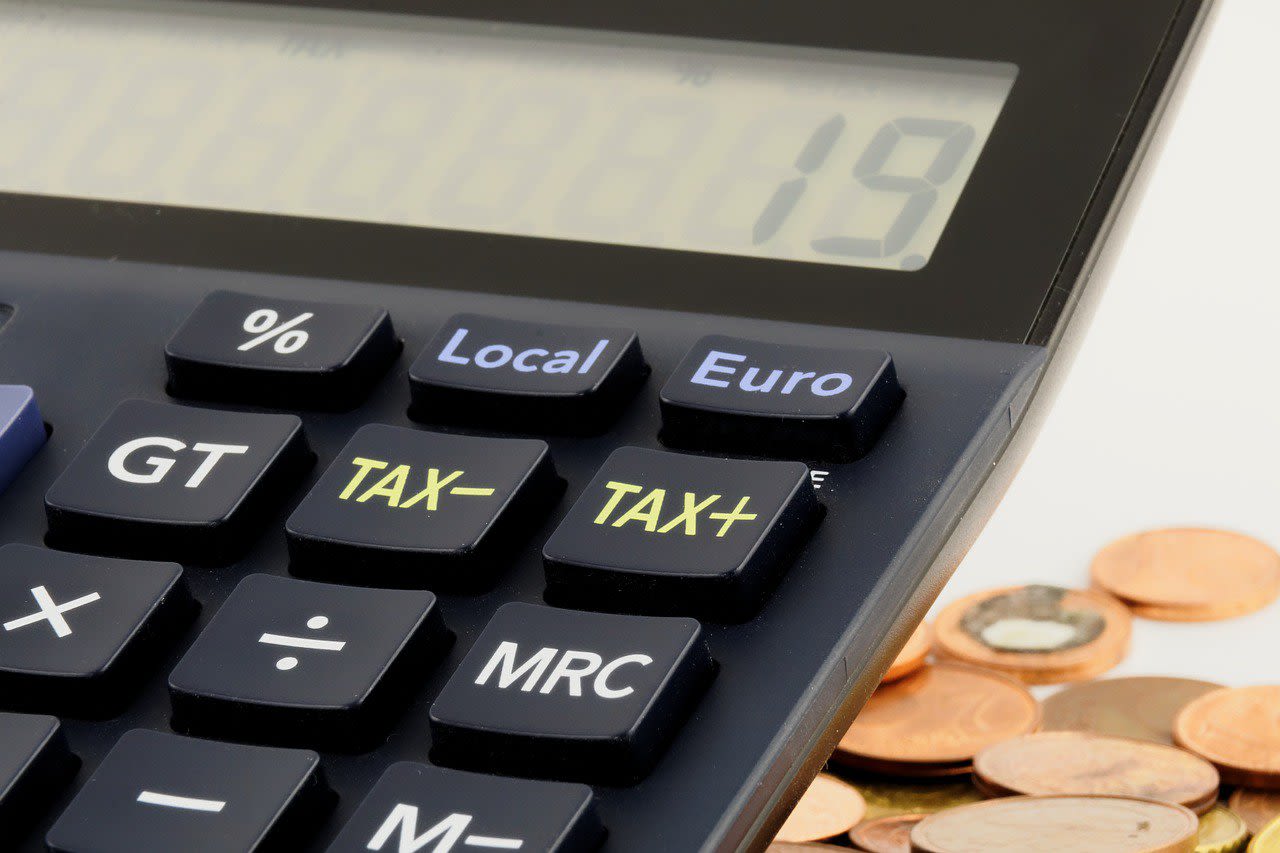
WHICH CAME FIRST: BASIS OR GAIN?
At some point, we’ve all contemplated the paradox about the “chicken and the egg.” But, what about basis and gain? You probably know that when you sell a certain asset for a profit, you will be required to pay capital gains tax. But, you may be interested in knowing that how you acquired the property and what you have done with it since acquisition will affect the determination of “basis” and, ultimately, the “gain” on which the tax is paid.
Basis is the starting point for determining gain upon the disposition of any asset. In its simplest form, basis is an owner’s investment in the asset. For purchased property, starting basis is the original price paid. Basis can be increased (e.g., by making improvements to real property) or decreased (e.g., after a casualty loss reduces the value of an asset), and it can change according to how it was acquired and the nature of the eventual disposition.
For example, suppose you gift some appreciated stock to your child. Your child will assume your original basis in the stock. On the other hand, let’s say your child receives the same appreciated stock as part of his or her inheritance. In this case, the basis is adjusted to the fair market value (FMV) of the stock at the time of your death. This is commonly referred to as a “step-up” in basis.
